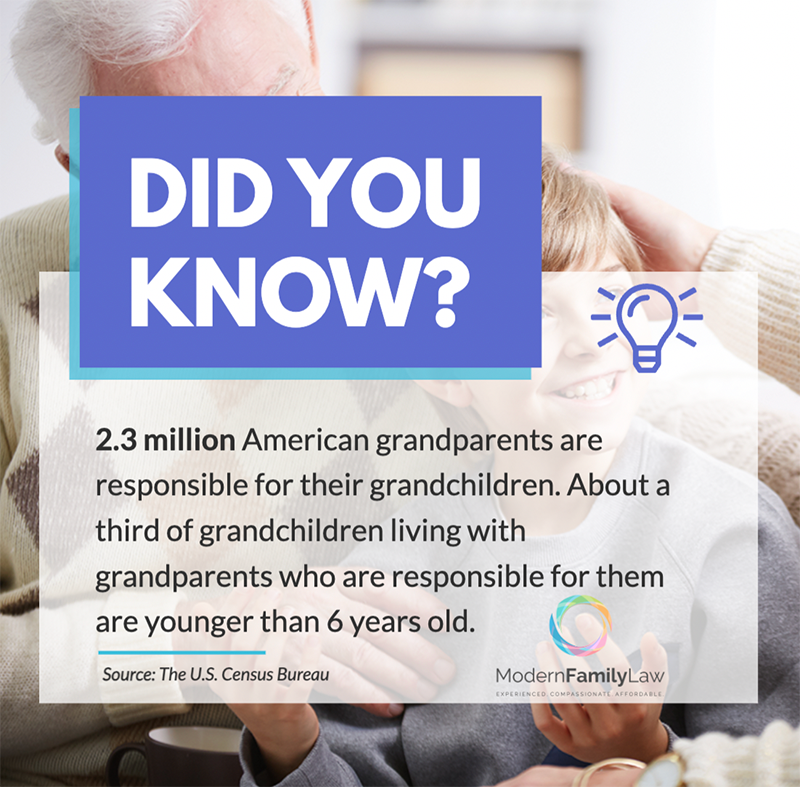Grandparents have always been the bedrock of many families, embodying wisdom, traditions, and unwavering love. Their role often transcends the simple joys of spoiling their grandchildren on weekends or during family gatherings. In today’s complex socio-economic landscape, there are instances where they take on roles that are much more significant than reading bedtime stories. They sometimes become the primary caregivers, guardians, and protectors of their grandchildren’s well-being.
Whether it’s due to unforeseen family tragedies, parental incapabilities, or other complexities, grandparents are increasingly stepping up to provide a stable home environment. Yet, the legal pathway for grandparent adoption is filled with intricacies that demand careful navigation. This makes gaining a thorough understanding of its nuances not just beneficial, but imperative for those considering this commendable commitment.






